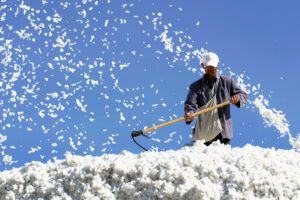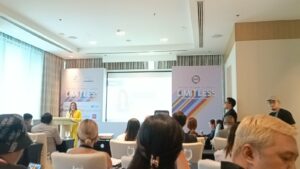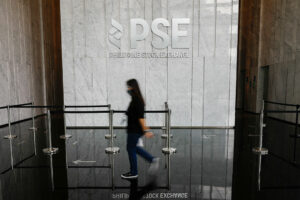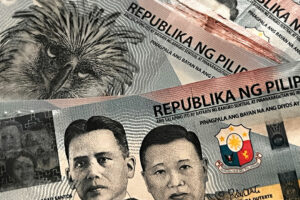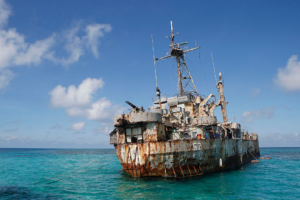MORE SHIPMENTS of the top Philippine cotton apparel exporter to the US have been released after having been detained due to the US crackdown on cotton sourced from the restive Chinese region of Xinjiang, the Confederation of Wearable Exporters of the Philippines (Conwep) said.
“We have experienced the release of additional shipments, and we are still working on the release of other shipments accordingly,” Conwep Executive Director Maritess Jocson-Agoncillo told BusinessWorld.
Asked about the value of the released shipments, she said, “Our exact numbers are not yet available.”
Last month, Conwep said that L&T Clark, which is unit of Hong Kong’s Luen Thai Group, incurred around $5 million in losses after L&T exports to the US were held up while their compliance with the Uyghur Forced Labor Prevention Act (UFLPA) was verified.
Overall Philippine apparel exports held up in the US due to the forced labor act were estimated to have resulted in losses of $6 million.
Ms. Jocson-Agoncillo said that the resulting disruption in shipments has resulted in the retrenchment and forced leaves of over 5,000 workers in the Philippine wearables industry.
Separately, Bianca Pearl R. Sykimte, director of the Department of Trade and Industry’s Export Marketing Bureau, said that six out of 15 detained shipments have been released.
“With more shipments being released, it will build the confidence of the US authorities that (Philippine) manufacturers really don’t use cotton from (Xinjiang),” Ms. Sykimte told reporters last week.
“We also talked to the experts in the US, and they said that because it involves very voluminous data — probably 500 pages of documentation per shipment — it takes a bit more time,” she added.
However, she said that the Philippines has raised concerns about the Philippine shipments detained in relation to UFLPA.
“When we look at the figures, there are more detained shipments from the Philippines compared to China. I checked the figures, but in terms of percentage, 50% of the total detained shipments were from the Philippines,” she said.
Asked when the DTI expects the release of the remaining shipments, she said that Trade Undersecretary Allan B. Gepty will be engaging in another bilateral dialogue with the US, where he is expected to raise the issue.
“Hopefully, we’ll do another round of meetings with the US in July. So, hopefully, we will have more positive news by then,” Ms. Sykimte said.
She said that the big worry for the exporters is that garments are sensitive to timing due to seasonalities, and that what the Philippines is asking is just the facilitation of the review since they are willing to comply with any proof of evidence being required.
“It’s really a market access issue. Because (our exporters) are really dependent on the US as a market. So for us, the priority is to make sure that they have market access in the US,” she said.
“Well, the US authorities said that once there are already a lot of releases, meaning that there’s no issue, hopefully it builds confidence that the manufacturer doesn’t really source cotton from Xinjiang,” the home region of the Uyghurs currently undergoing persecution in China, she added. — Justine Irish D. Tabile

